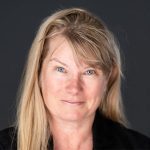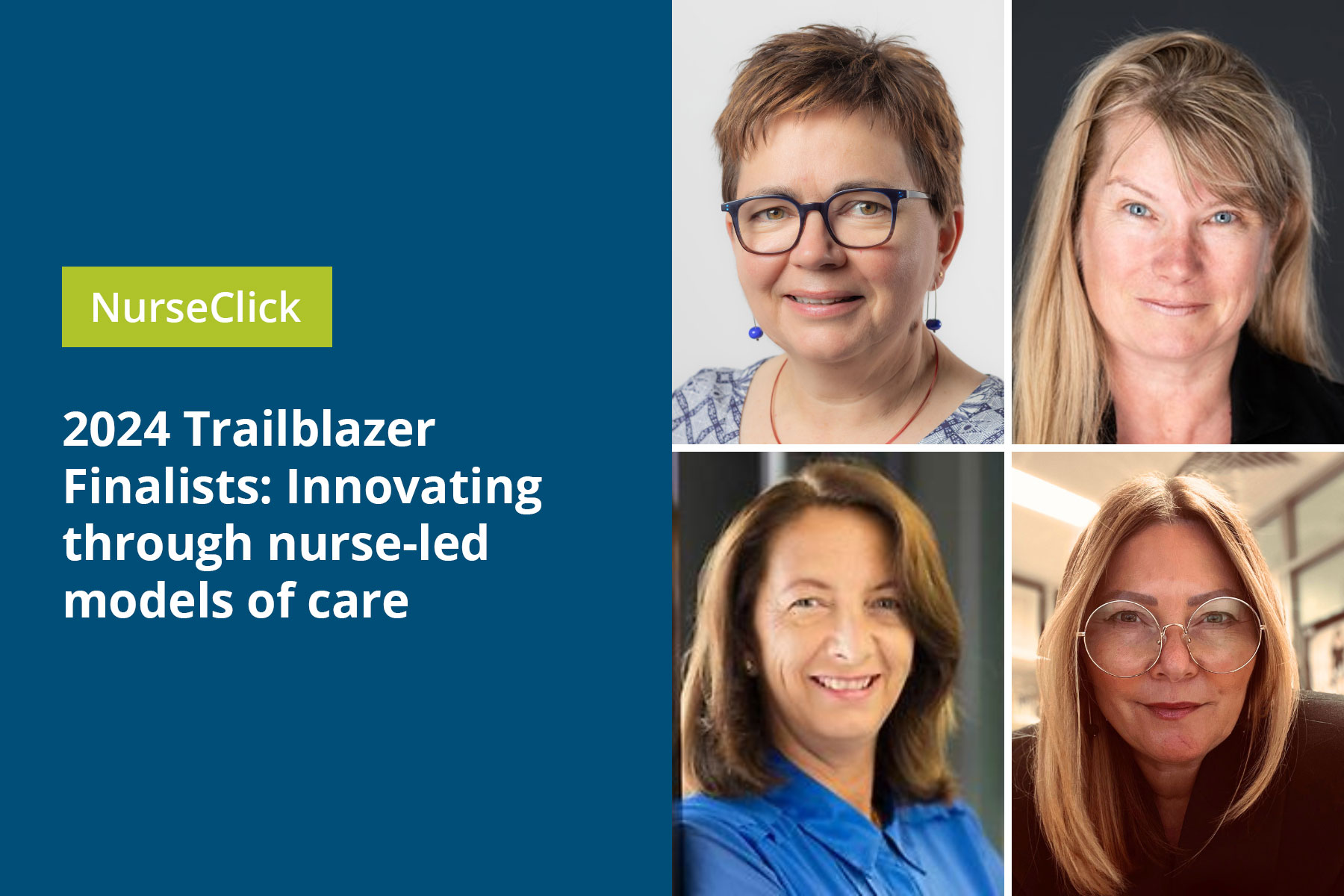The Health Minister’s Award for Nursing Trailblazers is the only award of its kind in Australia, recognising nurse leaders and innovators who transform our health and aged care systems. These trailblazers make significant impacts by reducing costs, improving quality of care, and enhancing consumer satisfaction. Established in 2019 and administered by the Australian College of Nursing (ACN), this prestigious award honours nurse-led innovations and models of care that significantly improve health outcomes for the Australian community through evidence-based practices.
From addressing healthcare disparities and redefining mental healthcare delivery, to revolutionising early detection practices and equipping nursing students with culturally safe care skills, this year’s Trailblazer Finalists demonstrate groundbreaking contributions to nursing and health care. Their visionary efforts are maximising nursing expertise and leadership to deliver high-quality care when and where it is needed.
2024 Trailblazer Finalists:

Stephanie Dowden
Stephanie Dowden’s social enterprise, NursePrac Australia, is a pioneering nurse practitioner-led program that addresses healthcare disparities through innovative community-based services. Since 2016, Stephanie has worked independently in Perth as a Paediatric Nurse Practitioner, dedicated to improving children’s outcomes and addressing social determinants of health in Western Australia.
NursePrac Australia’s flagship initiative, Just Kids Health, has provided nearly 10,000 appointments to around 4,500 children, teens, and parents. By collaborating with hospitals, general practices, schools, and NGOs, NursePrac Australia tailors health services to meet clients’ specific needs, overcoming barriers faced by disadvantaged communities.
This innovative model, which incorporates nurses entering schools as well as community-based nurse-led clinics, allows NursePrac Australia to navigate the hurdle of limited access to Medicare item numbers for nurse practitioners. It ensures timely access to expert pediatric nursing care, which is vital given the long wait times for non-urgent conditions in the public system.
Stephanie Dowden’s dedication to reducing healthcare disparities, and her innovative care models significantly and positively impact community health, showcasing the essential role of nurse practitioners in providing accessible, high-quality health care.

Professor Marion Eckert MACN
Professor Marion Eckert revolutionises nurse-led skin checks in South Australia’s rural and regional areas through her innovative initiative, Project Check Mate. This groundbreaking program features pop-up clinics that provide free skin checks to high-risk individuals, particularly those over 50, significantly enhancing early skin cancer detection. Local nurses, trained in dermoscopy conduct thorough examinations and utilise AI for diagnostic accuracy, ensuring high-quality care.
Project Check Mate addresses the high skin cancer rates in regional areas, improving health outcomes and highlighting the critical role of nurses in expanding specialised care access. Impressively, each clinic has identified an average of five cases of melanoma, contributing to both cost savings and improved health outcomes for the communities served.
In addition to early detection, Project Check Mate provides educational outreach to raise awareness about skin cancer prevention and the importance of regular skin checks. This dual approach of direct care and education empowers communities to take proactive steps in managing their health. By bridging gaps in healthcare access and leveraging advanced technology, Project Check Mate exemplifies the potential for nurse-led models to revolutionise healthcare delivery in underserved regions.

Professor Lorna Moxham FACN
Professor Lorna Moxham’s Recovery Camp program redefines mental healthcare delivery and nursing education simultaneously. Set in a non-traditional adventure camp, the program brings together nursing students and individuals with mental illness for a five-day immersive experience. Participants engage in activities like flying fox, rock climbing, and archery, guided by registered nurses. These activities promote mental health recovery, social connection, and physical activity while offering a unique clinical placement for students. Recovery Camp combats stigma, fosters therapeutic communication, and presents mental health work positively.
Since 2013, it has benefited over 1,500 nursing students and 900 consumers in New South Wales, Victoria, and Queensland. The program not only enhances mental health recovery but also inspires future mental health nurses, addressing the anticipated shortage by 2030.
Professor Moxham’s dedication to community-based mental health care and her innovative educational approach underscores the transformative potential of nurse-led initiatives. The success of Recovery Camp is evident in its wide-reaching impact on both students and participants, providing a model for integrating practical, empathetic care into nursing education and mental health treatment.

Dr. Nina Sivertsen MACN
Dr. Nina Sivertsen’s innovative Kumangka Tirkanthi education model, developed in partnership with the local Aboriginal and Torres Strait Islander community, equips first-year Bachelor of Nursing students with the skills necessary for culturally safe care. This model explores Australian history, the impact of colonisation, and First Nations health needs, effectively preparing nursing students to incorporate this understanding into their practice.
Co-teaching by nursing academics and Aboriginal cultural navigators enriches students’ learning through lived experiences. The Kumangka Tirkanthi – ‘Learning Together as One’ model exemplifies collaboration between cultural navigators and nursing tutors, integrating cultural knowledge and recognising Aboriginal people as experts in their own right.
Based on Aboriginal theories of two-eyed seeing, this strengths-based approach aims to abolish negative stereotypes of Aboriginal people. The Kumangka Tirkanthi method helps students understand health inequities, the impact of racism, and the significance of traditional healthcare practices. The curriculum includes interactive sessions, workshops, and storytelling, providing a comprehensive understanding of the cultural and historical contexts that influence First Nations health.
With minimal research evidence for designing nursing curricula inclusive of strengths-based approaches to teaching and learning Aboriginal health topics, this initiative stands as a groundbreaking and unique model in nursing education.
The Health Minister’s Award for Nursing Trailblazers Finalists exemplify the highest standards of innovation and leadership in nursing. To witness the moment the Health Minister, The Hon Mark Butler MP, announces the 2024 winner, join us at the National Nursing Forum in Cairns this August. Head to the National Nursing Forum page to learn more and secure your spot.





